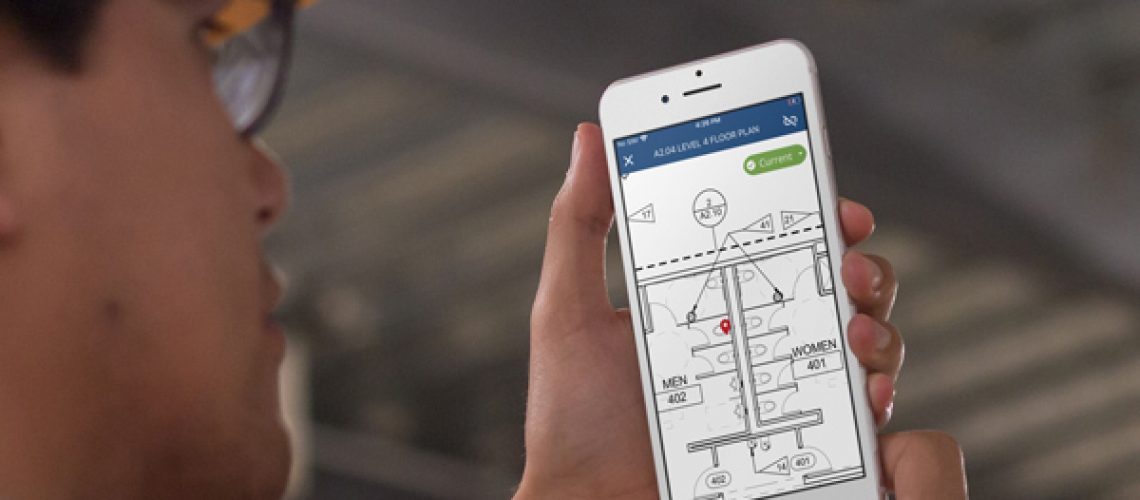Project management software has proven invaluable for businesses in a wide range of industries. They are used for project planning, budget and resource allocation, and for scheduling. Organizations in the construction industry are also using these software in their construction activities due to their advanced project tracking and management capabilities.
If you’re interested in acquiring a construction project management software for small business you should seek out a project management solution that offers these essential features.
1. Project planning and tracking
Project planning and tracking are the core features of project management software. Construction activities require plenty of planning to ensure that labor, construction material, and equipment are available for a particular task on a certain date.
Project contractors can also use the management software’s project tracking capabilities to make sure that the construction project is completed by a certain date, and that it is within budget.
Managing the deadlines for small tasks is important as any delays may eventually affect the entire project. Contractor project management software makes it easier for you to stay on top of activities and identify any problematic areas in your operation.
2. Budgeting tools
Creating and tracking budgets is one of the most important duties when you are managing a construction project. Construction management software should possess versatile budgeting tools that can be used to create budgets, and modify them according to the company’s needs.
Modern budgeting solutions require project expenses and costs to be updated in real time to ensure that management stays in the loop. These features can also be used to identify any activities that are going over budget, so that the problem can be addressed immediately.
You will also need a project management solution that can generate budget reports instantly. These reports will need to be shared with the project’s stakeholders, so your management software should be capable of creating and sharing these reports on short notice.
3. Document management
Managing documents manually can be a tricky task for construction managers. Construction project staff often uses hundreds or even thousands of documents for each project. These include RFI forms, construction drawings, and activity schedules which need to be organized and distributed to staff in an efficient manner.
A good construction management software allows you to store all these documents in a centralized location where they can be retrieved and/or modified quickly. Staff should also be able to access documents on the construction management software remotely. This makes activities such as inspections or quality checks faster to complete, and allows managers to view updates in real-time.
In addition to reducing project delays, managing your documents via a construction management software saves a lot of paper that would otherwise be wasted for minor tasks.
The aforementioned features may sound ordinary; however, they are essential to ensure the success of any construction project. Construction managers should acquire management software that offers these features if they wish to get a better overview of their project and address problems as soon as possible.




